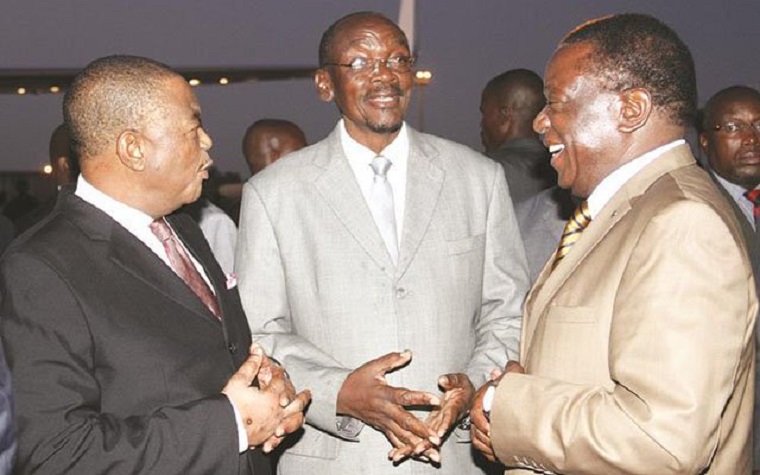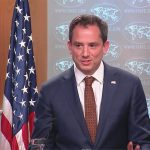The greatest mistake of the Mugabe years was a refusal to take seriously the simple truth that production leads to exports – and exports earn foreign exchange. Zimbabwe has become a consumer society – led by the political oligarchs – in which the cost of imports far exceeds the returns from exports.
Production has been so undervalued, and so poorly invested in, that it costs more to produce something as basic as a bottle of cooking oil than it does to import it from South Africa. Ncube’s first budget as finance minister was woefully short of meaningful incentives to encourage production and deal with this problem.
And so Zimbabwe is held back by three key things: a quarrel at the top that means government is too preoccupied and divided to focus on proper planning and economic management, lashing out at its own people instead; a disastrous inability to feel the popular pulse, with the ruling oligarchs now living in a hermetically sealed world of their own; and the ongoing economic naivety of those who should be managing the nation’s finances.
Mugabe financed Zimbabwe with massive borrowing. But no one will now lend to Zimbabwe. The International Monetary Fund (IMF) wants its loans repaid. China is waiting for some sense of fiscal responsibility to return. And South Africa will not give support to allow the purchase of fuel since it also is owed much money by Zimbabwe.
Indeed, even if Mnangagwa does move to meet IMF conditions, it will mean years of even greater austerity for Zimbabweans. Sadly, there will be no happy ending for Zimbabwe in 2019.
By Stephen Chan for The Conversation.
The Insider does not necessarily agree with the views stated above but welcomes diversity of opinions.
(659 VIEWS)


